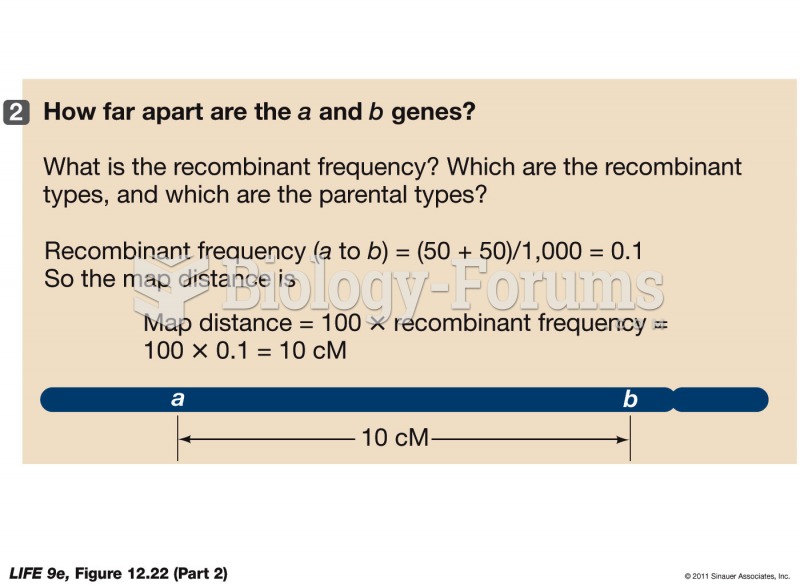Answer to Question 1
Answer: A
Explanation: A) Correct. Interpersonal confrontations are more likely to result in mutual satisfaction if the parties depersonalize their disagreement and suppress their desires for revenge or one-upmanship. In other words, each participant should view the other party as the advocate of a point of view, not as a rival.
B) Incorrect. Interpersonal confrontations are more likely to result in mutual satisfaction if the parties depersonalize their disagreement and suppress their desires for revenge or one-upmanship. In other words, each participant should view the other party as the advocate of a point of view, not as blameworthy.
C) Incorrect. Conflict management is more effective when participants focus on interests, rather than on their positions.
D) Incorrect. Conflict management is more effective when participants focus on potential gains rather than on potential losses.
Answer to Question 2
Answer: B
Explanation: A) Incorrect. You want to share your feelings. The steps as outlined in the text are (1) maintain personal ownership of the problem, (2) describe your problem in terms of behaviors, consequences, and feelings, (3) avoid drawing evaluative conclusions, (4) persist until understood, (5) encourage two-way discussion, and (6) manage the agenda.
B) Correct. You want to share your feelings. The steps as outlined in the text are (1) maintain personal ownership of the problem, (2) describe your problem in terms of behaviors, consequences, and feelings, (3) avoid drawing evaluative conclusions, (4) persist until understood, (5) encourage two-way discussion, and (6) manage the agenda.
C) Incorrect. This is step number 5, not step number 1. The steps as outlined in the text are (1) maintain personal ownership of the problem, (2) describe your problem in terms of behaviors, consequences, and feelings, (3) avoid drawing evaluative conclusions, (4) persist until understood, (5) encourage two-way discussion, and (6) manage the agenda.
D) Incorrect. This is step number 4, not step number 1. The steps as outlined in the text are (1) maintain personal ownership of the problem, (2) describe your problem in terms of behaviors, consequences, and feelings, (3) avoid drawing evaluative conclusions, (4) persist until understood, (5) encourage two-way discussion, and (6) manage the agenda.







